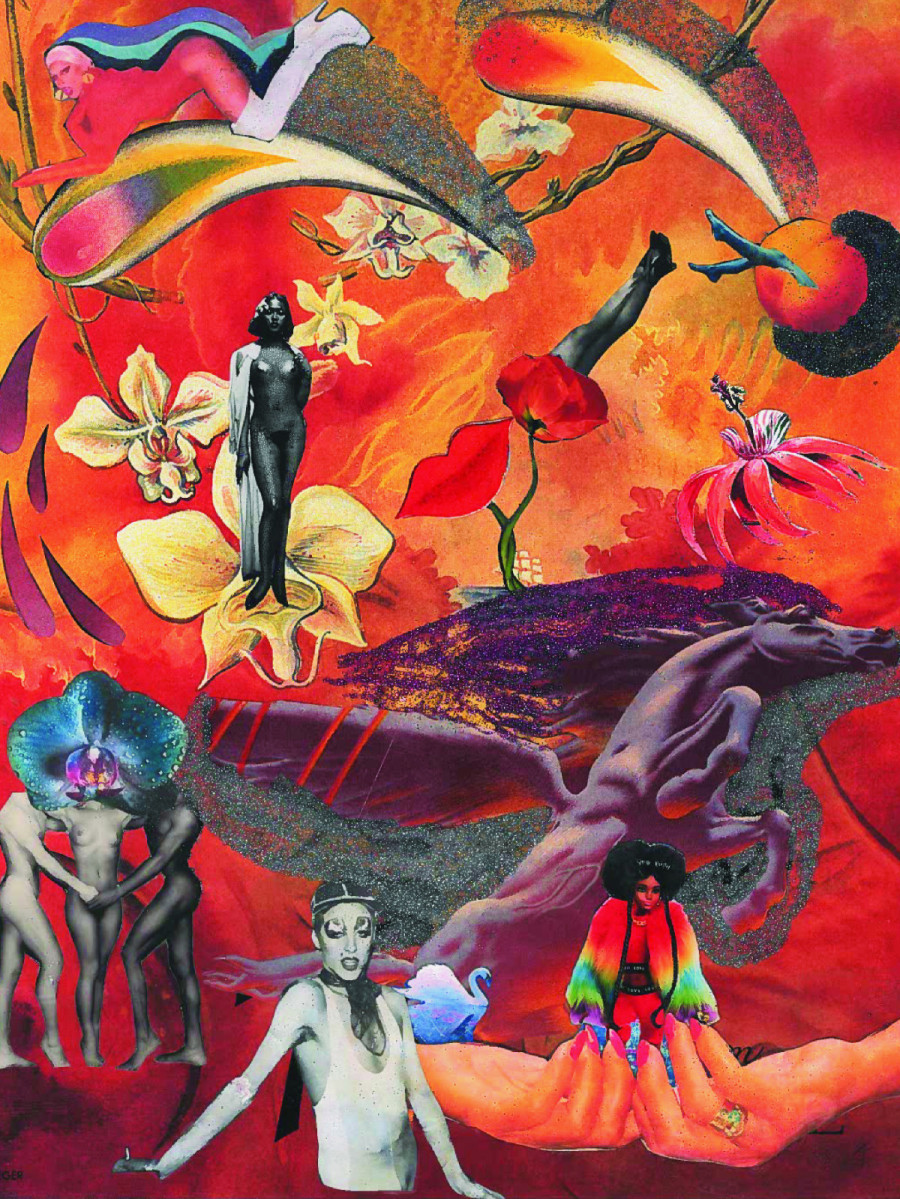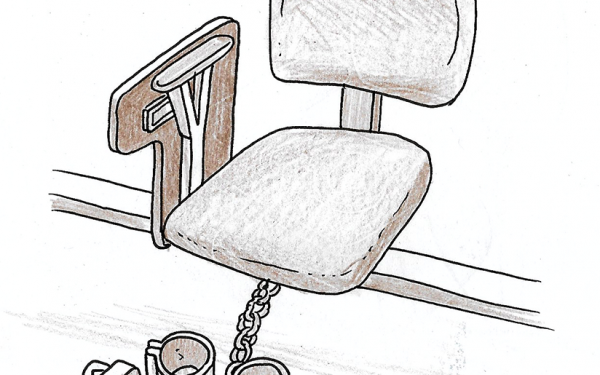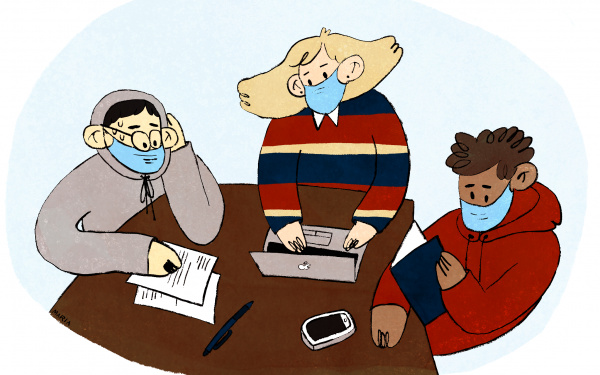Editorial: Systemic neglect and marginalization of bodies
The idolization of western bodies has been created in a world that praises slim, white figures, which imposes a divide in the way normal bodies look and how our society expects us to appear.
Anyone that challenges this archetype ultimately gets shunned and is mandated to conform to Eurocentric standards.
Since the exportation of capitalism and colonialism throughout the modern world, Eurocentric body standards have left a stain on our perceptions of others and ourselves. Along with these western standards came violent exploitation that would result in the practices of transforming all tangible things into objects of trade. This process is known as commodification, and includes the appropriation of the body to excuse egregious atrocities such as slavery, human trafficking, sex trafficking, and every abuse that objectifies people and their bodies. This history is often dishonestly contextualized as a distant past, when in reality we live in a country, on unceded Indigenous lands, that has maintained such colonial structures for several centuries.
Capitalism has never prioritized our health because it has always forced us to sacrifice ourselves culturally, mentally, socially, and physically in the pursuit of productivity. Our bodies were never a priority when it came to this bottom line, leaving only a minority of those privileged enough with the time and energy to listen to their bodies and provide the attention they need.
You don’t have to look far. Every head bows in exhaustion, every dark circle confesses. Everybody is tired. Sick of the disregard and neglect.
The modern-day subjugation of our bodies has led to the implementation of a ranking podium of worth.
Black bodies are dismissed, Indigenous women go missing at alarming rates, and Black and Brown people find themselves disproportionately represented in the carceral system. These are all results of actions and ideals that may seem harmless, but in reality promote noninclusive prejudicial messages.
We cannot keep ignoring the way this prejudice inherently harms and penalizes minorities—groups we keep neglecting.
In many situations, People of Colour are not provided with the appropriate resources and supportive tools to sustainably conduct their work. They often feel a pressure to fill a certain role, forced to discuss their identities and often their trauma in the work they do. While there is clear diversity on The Link’s masthead, this does not take away from the fact that there continues to be institutional influences that mentally drain those who feel obligated to represent themselves.
We need to hold ourselves and others accountable in the roles we play in the silencing of marginalized voices.
Hiding behind the pretense of ignorance does not cut it, and it never will. This so-called lack of awareness happens at the expense of someone's upbringing, mental health, and existence. Protection of marginalized bodies from oppressive Eurocentric standards is crucial.
Are we all taking the time to have conversations centred around POC with our families and others? Being shocked is not enough. Acknowledging harmful actions, but not stepping in is not real advocacy. It's performative.
This article originally appeared in The Body Issue, published February 1, 2022.




_(1)_600_375_s_c1.png)


